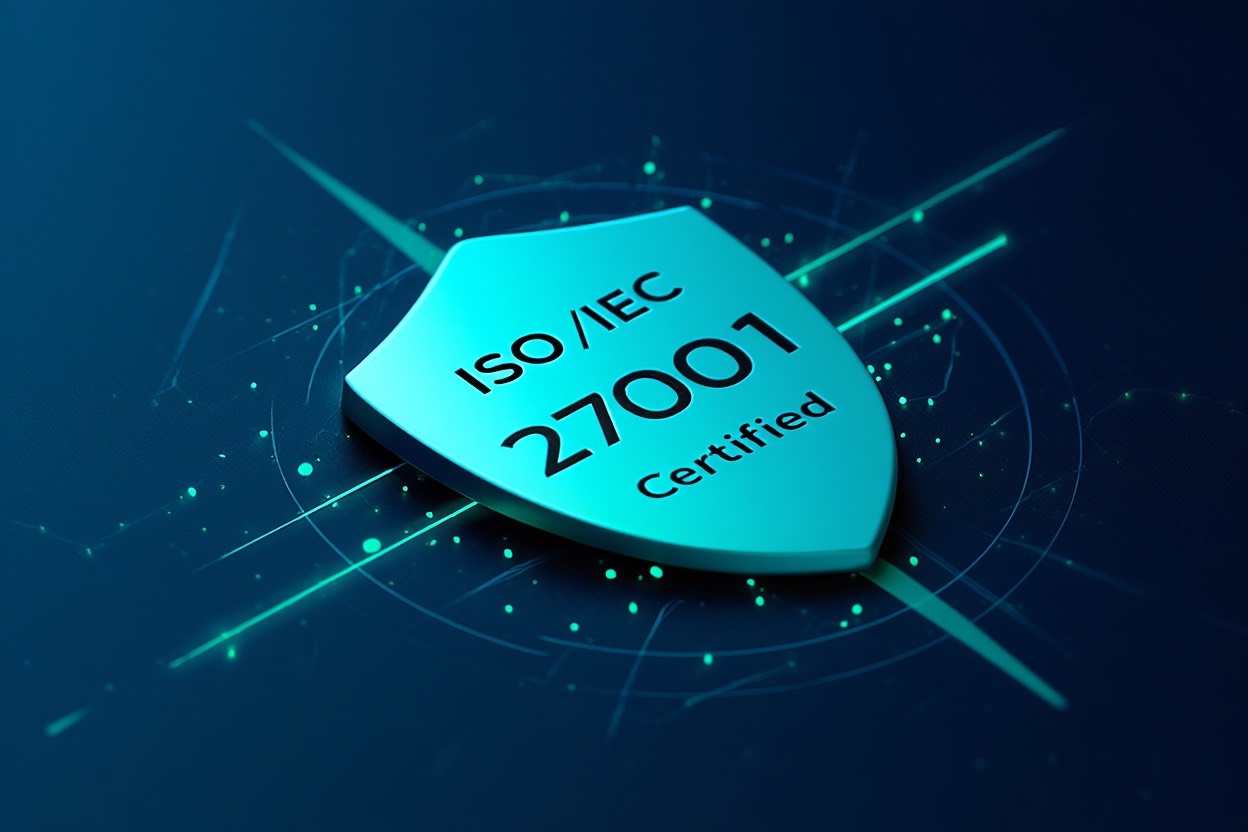The first thing to know about Nic Malianni is that he loves to hustle. Since the age of 12, he’s always had a job: construction, at a golf course, and, most recently, as Head of Accounting at the connected workplace, productivity software company Notion. While in college at California Polytechnic State University in San Luis Obispo, he found himself without a job and felt the itch. So, Nic saw a Craigslist ad from the Donati Family Vineyard and got in touch. “I was 20 years old and you can’t really work at a winery when you’re not 21, but I just said, ‘Hey, I'll do your gardening. I’ll rake your bocce ball court. Whatever you need me to do, I'm happy to get my hands dirty,” he remembers. “So that got me in the door.”
For the next three-and-a-half years, Nic became an indispensable cog at the winery. He took naturally to sales and to systems, getting the young winery’s offerings into local restaurants and grocery stores and managing sales reporting. “Their first vintage was 2003 and I started there when their 2005 was being released,” he says. “So, I consider it my first startup.” He is still a proud wine club member today.
Vineyards to Spreadsheets
Nic graduated with a Business Admin degree with a focus in Accounting, Finance, and Economics and dove into accounting. Many accountants focus on debits and credits and closing the books, but he’s always started with the needs of the business and viewed the problems with an accounting and systems lens. “It’s always been top of mind to help businesses run more efficiently through scalable systems and processes,” he says. He’s held onto the one feeling that’s proved a motor for his work life: “Curiosity.”
“How do we do this? How can we do it better? How can we make it simpler to help us provide the best service for our customers or to alleviate some sort of pain that my team is feeling?” he says. “In general, finance systems have been pretty underserved for a long time. There's always the hottest new engineering tool or the hottest new marketing or sales tool. Finally, we’re seeing more and more new finance tools like Neo.Tax. I'm really excited about what I'm seeing in the market.”
Nic sharpened his accounting skills at Grant Thornton for four years after college, working on the audit side. “I personally chose Grant Thornton, because I wanted to have as many clients as possible to get a broad set of experiences,” he says. He worked with 50 companies, some private and some public, and got a rare look at their practices, their challenges, and what worked and what did not. He tapped the knowledge of colleagues who had extensive experience in audit but also on the technical side. “It’s a very research-driven profession,” he says. “It gives you a window into the why behind the decisions of how a company makes their accounting decisions.”
But after those four years, when Nic felt he understood the why, he began itching to answer another question: “The missing piece at an auditing firm is the how,” he explains. “Or put another way: the actual execution.”
From Why to How
So, Nic joined Intercom, the AI-empowered customer service solution, in 2016 as the Accounting Manager, eventually moving up to the role of Assistant Controller by the time he left in 2021. “When I joined Intercom, I felt ready to exercise my entrepreneurial/building mindset,” he says. “‘How can I help build this thing and translate that why and to the actual execution behind it?’ That really excited me and it was challenging. Very, very challenging.”
The biggest challenge he faced which he hadn’t been expecting was how essential it was to be a champion for your accounting advice. On the audit side, he’d existed in a place where there were clear rules; it was sometimes confusing why best practices weren’t always followed. But on the other side, he realized that a skilled accountant or controller needed to have the ear of a decision-maker to guarantee that the resources were made available.
“You have to be able to compellingly explain the why in order to get the resources to build the best systems,” he says. “If you don't have resources, then you need to figure out a bandage to account for this in a way that is going to be acceptable until you can build that long-term solution.” Nic realized that was why so many startups struggled with their systems and books early on. “It often falls on the grit of the accounting and finance function to actually go in and just get it done,” he explains.
At Intercom, he used the technical skills he gathered in his years at Grant Thornton and then expanded them by becoming an operator. Eventually, as the company grew, he moved into a management role. “I felt like, ‘Hey, I want to get back to building mode,’” Nic remembers. “That's what attracted me to Notion. And, you know, I've been building ever since.”
The Notion Love Is Real
Nic wanted to get back to “building mode” but he also wanted to join a company that people loved. “If you look at Notion’s YouTube following, Twitter following, and all the socials, it’s insane how much people love the product,” he says. “The affection for a business software product is just absolutely phenomenal. And it's really rare.”
So, he started talking to people at Notion and realized that their engineers and executives were at the top of their game. “I wanted to be a part of it,” he says. When Nic arrived at Notion in 2021, the company was still just 65-70 employees. He took over as Head of Accounting.
Intercom grew rapidly in Nic’s years there; Notion’s growth has been even more exponential. “I had to grow just as fast as Intercom did and then I joined Notion and the speed has been even faster than that,” he says. “When I first joined, there were a lot of great people and there was a foundation that was put in place. But we’ve had to continue to uplevel the way that we worked, and the way that we serve the business and our customers, and how to do it in a faster manner.”
In his two-plus years so far, his team has added 16 people, Notion’s gone through two acquisitions, and they’ve had to implement numerous systems. With all the steps that I've made in my career, it's kind of been out of curiosity,” Nic says. “If I ever feel like I’ve stagnated from a learning perspective, I know it’s time to change course.” Obviously, the Notion ride has been a learning overload. He’s loved every minute of it.
“It's been a journey,” he says, grinning. “The thing that I've enjoyed the most is that every quarter, there's something new to do and something new to learn.” Obviously, there is ongoing accounting work to be tackled, but “for the most part, it’s not that stereotypical 9-to-5 where you show up and know what you're gonna do every day. That has been very fun from a learning perspective.”
At a startup, the role of accountant becomes a mix of traditional and strategic, which Nic loves. “Especially earlier stage your role is to help the company grow in any way. From a financial side, there are core accounting things like bookkeeping and taxes but there are also strategic tasks like, ‘How can we help design the pricing and packaging to ensure that they’re going to work both from a systems perspective and a customer experience perspective while helping the business grow?’” Nic also mentions that it’s the accountant who looks at every bill and contract, so they should be providing valuable insights to the Go-to-Market teams about how other companies are building their sales engines, pricing their products, and designing their checkout flow.
“The true back-office transactional side is just table stakes,” he says. “But for a startup to succeed, the finance function really has to be strategic. You can live in that land of customer experience and sales strategy, and drive strategic decisions if you want to. I think every accounting and finance person should.”
Catch up on the latest news and updates
Subscribe To Our Newsletter
Insights on R&D tax credits and AI innovation delivered to your inbox every month.




.avif)


